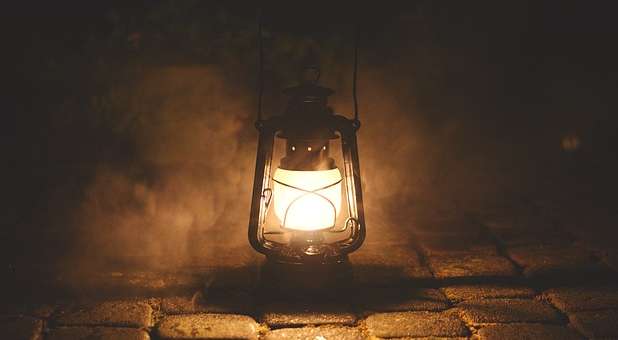The Double Meaning Behind This Ancient Prophecy
Secrets Surrounding the Birth of Messiah, Part 6
There is a prophecy in Jeremiah where Rachel is weeping for her children. It is a strange word in the middle of a prophecy about Israel’s restoration. Like so many prophecies (Isa. 7:14; Dan. 9:27, 11:31, 12:11), there was a current fulfillment and a future fulfillment: “”A voice is heard in Ramah, lamentation and bitter weeping, Rachel weeping for her children, refusing to be comforted for her children, because they are no more” (Jer. 31:15).
In Hebrew, Ramah simply means “height,” and there are dozens of cities and regions that have Ramah(t) in their names. The most famous of these is the Golan Heights, or in Hebrew, Ramat HaGolan. However, most scholars believe that Jeremiah was referring to an area five miles north of Jerusalem that served as a deportation center as the Jews were being exiled to Babylon. Exile was judgment. God’s heart was broken, as, too, was Israel’s faithful. We see the pain of exile in this most famous verse from Psalm 137:
By the rivers of Babylon, there we sat down and wept when we remembered Zion. … Our captors made us sing and our tormentors made us entertain, saying, “Sing us one of the songs of Zion.”
How shall we sing the song of the Lord in a foreign land? If I forget you, O Jerusalem, let my right hand forget its skill. If I do not remember you, let my tongue stick to the roof of my mouth, if I do not have Jerusalem as my highest joy (Ps. 137:1-6).
Jeremiah depicts Rachel crying, even weeping, over her children who are taken away into captivity. But Matthew, who knew that Rachel’s grave was in Bethlehem, reveals a deeper meaning.
Herod, the murderous king, was searching for the Messiah. He was scared this newborn Israelite king would dethrone him. He did not know that His kingdom was from another realm (John 18:36). Seeing the prophecies that this boy-king would be born in Bethlehem, he “sent forth and killed all the male children who were in Bethlehem and the surrounding region, from two years old and under” (Matt. 2:16a). It was a devastating calamity—known as the Massacre of Innocents. Imagine little Jewish boys being ripped from their mothers’ arms and murdered before their eyes.
Rachel is weeping over these children. And, amazingly enough, the name given to the hill overlooking Bethlehem where these children were murdered is Ramat Rachel—the Heights of Rachel. The people, who named it that, made no connection to Matthew’s narrative, as they were Jews—not believers in the New Testament, and probably not very religious. They simply knew that Rachel’s grave was in the near distance. But those same two words, Ramah(t) and Rachel, are in Jeremiah’s prophecy.
The Kingdom Suffers Violence
The entrance of Messiah from heaven to earth was violent. There was war in the heavenlies that resulted in bloodshed on earth. Satan sought to snuff out the life of Yeshua and was merciless in his pursuit. God hid His plan within prophecies that the enemy could not understand. Matthew, who, of all the Gospel writers, is the most familiar with the Hebrew Scriptures, finds the fulfillment of Jeremiah’s prophecy. He sees in Jeremiah 31 that the restoration of Israel is deeply connected to the advent of the New Covenant. “Surely, the days are coming, says the Lord, when I will make a new covenant with the house of Israel and with the house of Judah” (Jer. 31:31).
Just a few verses before, he sees Rachel weeping even as the New Covenant comes forth. To the common reader, the passage seems out of place. But, in truth, the violence against these babies is deeply connected to the declaration of a New Covenant.
But Rachel, whose tomb is near the place of Yeshua’s birth, is weeping over the slain of Bethlehem, just as she did over the exiles of Israel. We see elements of the Exodus here, which begins with Pharaoh seeking to kill Jewish baby boys. Yeshua escapes to Egypt and then reenacts another part of the Exodus by coming from Egypt to the promised land: “Out of Egypt I called my son “(Hos. 11:1b). Maybe it is better said this way: Moses and the children of Israel were prophetically acting out what their Messiah would do many years later.
Matthew’s discovery of the connection between 1) the restoration and Israel (Jer. 31:1-14), 2) Rachel’s weeping over the babies in Bethlehem (Jer. 31:15) and the 3) New Covenant advent (Jer. 31:31-33) could only have been through the divine revelation! {eoa}














































